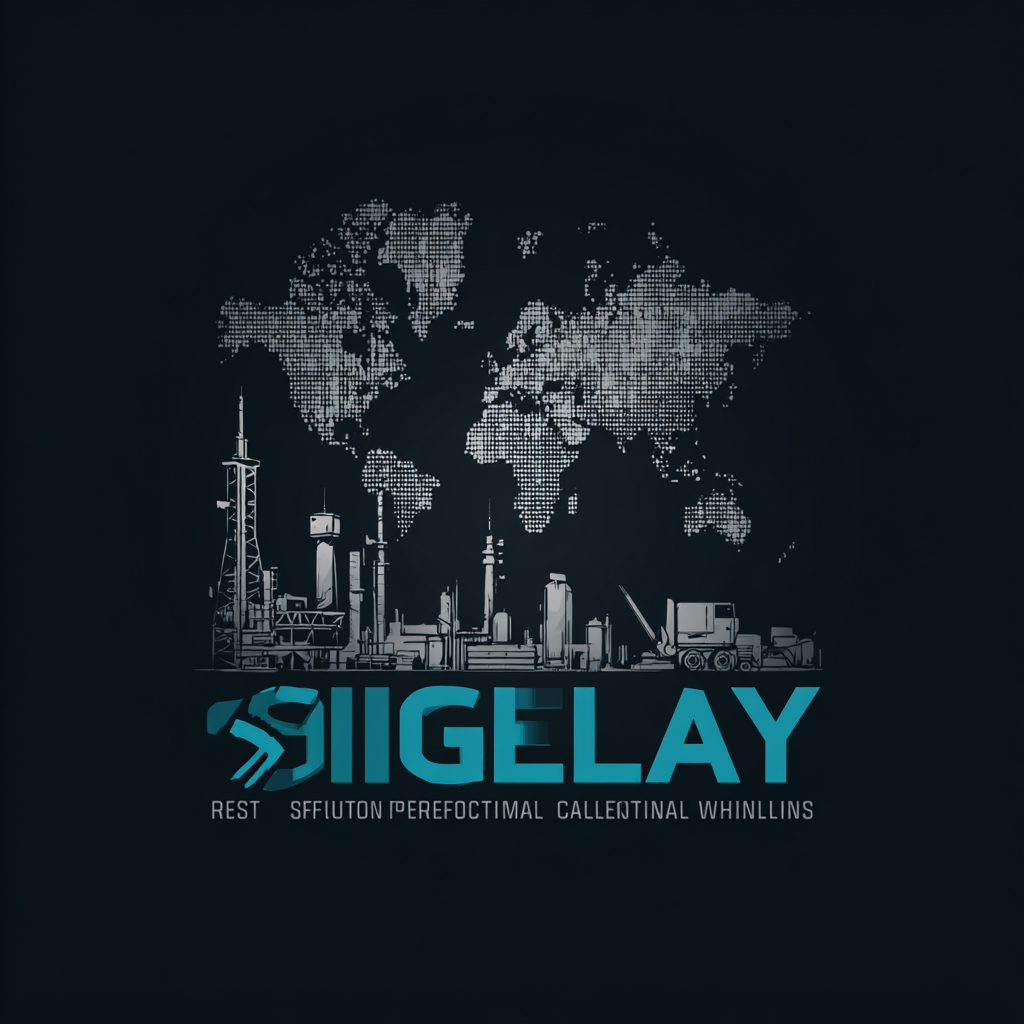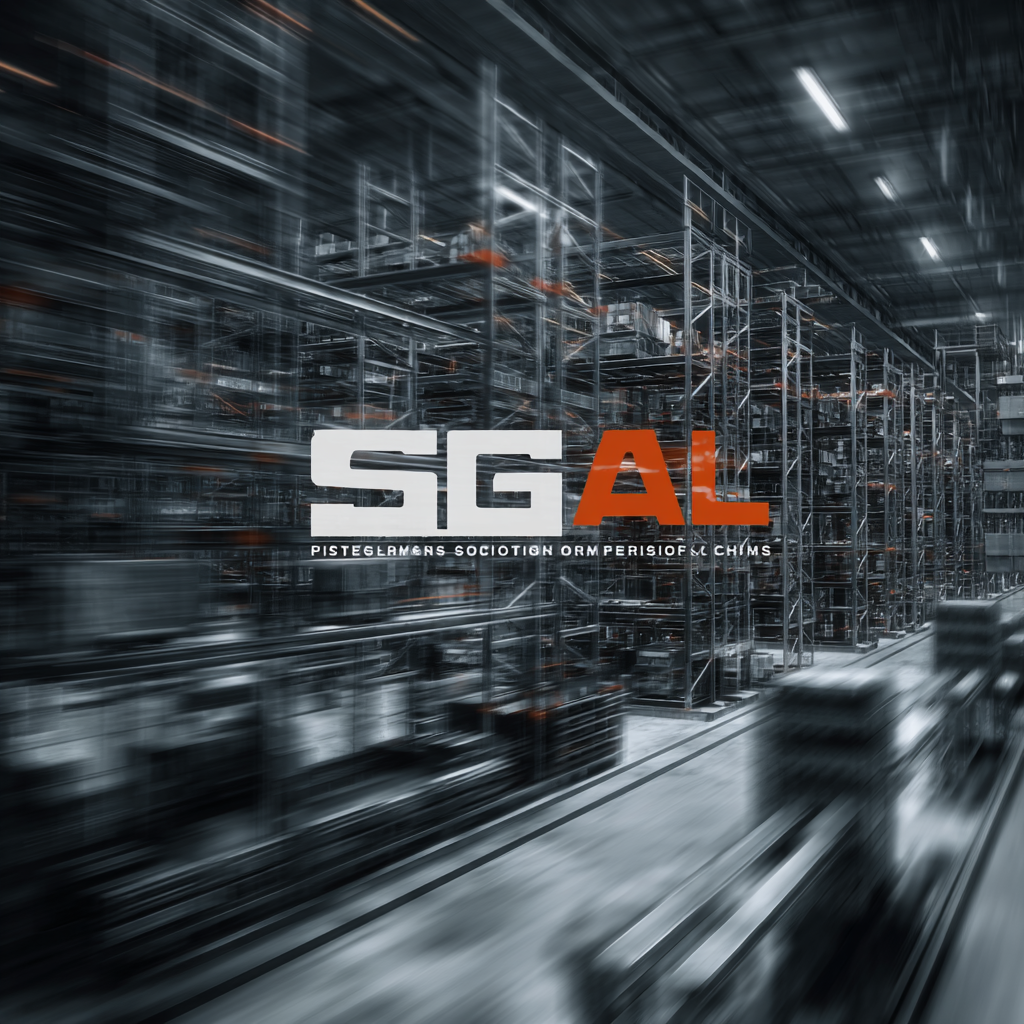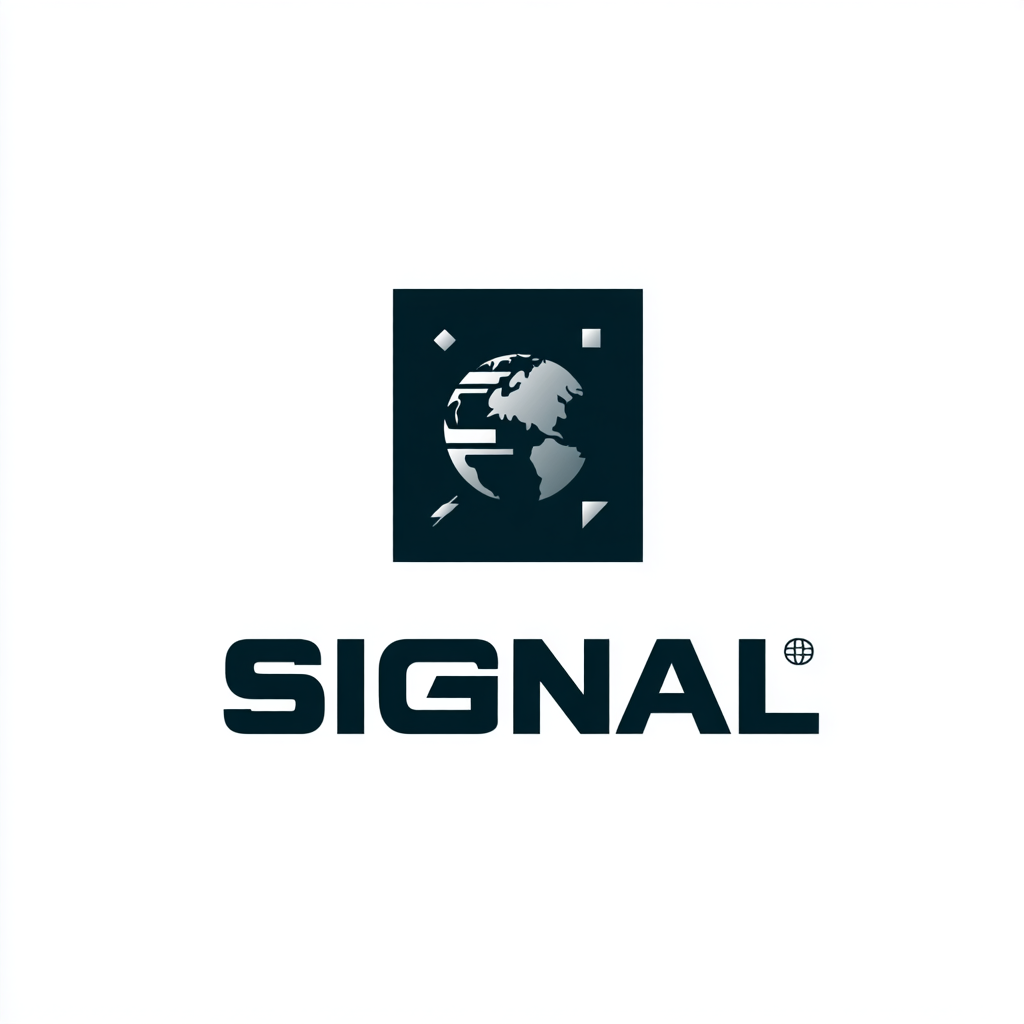In today's increasingly interconnected world, optimizing performance within global supply chains has become more crucial than ever. Amid the complexities of logistics and communication, the adoption of advanced technologies such as Signal Relay has emerged as a pivotal solution. According to a report by the Gartner Group, organizations that implement effective supply chain management practices can improve their operational efficiency by up to 30%. By leveraging Signal Relay systems, companies can enhance real-time data transmission, thereby reducing lead times and enabling better decision-making. The importance of robust signal communication is further underscored by a study from McKinsey, which found that digitalization in supply chains could yield a potential economic impact of $1.5 trillion. As businesses strive to stay competitive in the global market, understanding the benefits of Signal Relay technology becomes essential to achieving a streamlined and responsive supply chain.

In today’s global supply chains, achieving import and export certifications is a significant challenge that can impact overall performance. Companies must navigate a labyrinth of regulations, which vary by country, to ensure that their products meet the necessary standards. Different certifications, such as ISO, CE, and local compliance requirements, often require extensive documentation and verification processes. This not only slows down the movement of goods but can also lead to increased costs and delays. Firms that fail to adapt to these regulatory landscapes may find their products stuck at customs, leading to lost opportunities and diminished customer satisfaction.
Moreover, the complexities inherent in supply chain logistics make it even more difficult to maintain compliance. As companies source materials and components from various regions, each supplier may be subject to different regulations. This necessitates a thorough vetting process and continuous monitoring of supplier certifications to avoid disruptions. Additionally, shifts in trade policies and geopolitical tensions can suddenly alter compliance requirements, forcing businesses to pivot quickly to meet new standards. By addressing these challenges systematically and leveraging technology, companies can improve their certification processes and enhance their competitiveness in the global market.
This chart illustrates the key performance metrics affecting the optimization of supply chain operations. The data reflects the current state of import and export certifications, signal relay efficiency, transport time, and compliance rates, all crucial for achieving better performance in global supply chains.
In today's complex global supply chains, achieving certification efficiency is paramount for businesses aiming to maintain competitiveness. The implementation of Best Signal Relay technology plays a critical role in enhancing this efficiency. By providing reliable communication between various stakeholders, it ensures that all parties are aligned and informed in real time. This level of connectivity helps streamline the certification process, reducing delays and minimizing the risk of errors.
Moreover, Best Signal Relay facilitates better data exchange during critical phases of the supply chain, such as compliance checks and quality assurance. This technology allows for instant updates on certification status, enabling organizations to respond quickly to any compliance requirements. By fostering transparency and collaboration among suppliers, manufacturers, and certification bodies, Best Signal Relay eliminates bottlenecks and accelerates the overall certification timeline. As a result, businesses can achieve faster market entry while ensuring adherence to regulatory standards, thereby positioning themselves advantageously in an increasingly competitive landscape.
| Dimension | Description | Impact on Performance | Example Solution |
|---|---|---|---|
| Response Time | Time taken for data to travel through the relay | Faster response can improve supply chain efficiency | Implementing high-speed optical communiques |
| Accuracy | Precision in signal relay enhancing data integrity | Increased accuracy reduces errors in supply chain | Utilizing advanced error-correcting codes |
| Capacity | Volume of data the relay can handle | Higher capacity allows for more simultaneous transactions | Deployment of scalable cloud relay systems |
| Security | Protection mechanisms against data breaches | Enhanced security reduces risks of supply chain fraud | End-to-end encryption techniques |
| Cost-Effectiveness | Overall cost reduction measures through efficiencies | Cost savings contribute to profitability and sustainability | Adopting relay systems with low operational costs |
Non-compliance in supply chains can lead to significant disruptions and inefficiencies, impacting performance metrics across the board. When organizations deviate from regulatory standards or fail to meet the requirements set by suppliers and consumers, it creates a cascading effect that can slow down operations, increase costs, and diminish product quality. For instance, delays in acquiring materials or misalignment with international trade laws can halt production lines, leading to missed deadlines and unhappy customers. Such setbacks not only affect current operations but can also tarnish a brand's reputation, making it even more critical to maintain compliance throughout the supply chain.
Moreover, the absence of standardized processes and protocols can complicate communication among stakeholders, exacerbating issues of transparency and accountability. This misalignment not only affects delivery times but can also influence key performance indicators (KPIs) such as inventory turnover and order accuracy. Organizations must prioritize compliance to ensure that their supply chains run smoothly and efficiently, leveraging best signal relay systems to facilitate real-time communication and monitoring. By investing in robust compliance programs and technology, companies can enhance their supply chain performance, reduce risks, and ultimately achieve their strategic objectives.

In today’s competitive landscape, data-driven strategies are essential for streamlining certification processes across various sectors. Recent initiatives, such as Andhra Pradesh's Self-Certification Scheme, demonstrate how state governments are leveraging technology to expedite building permissions, thereby enhancing the ease of doing business and facilitating real estate growth. Such measures not only minimize delays but also ensure compliance through automated, transparent workflows.
In the oil and gas industry, partnerships focused on innovation, such as those seen in methane emissions reporting, showcase how collaborative approaches can optimize certification processes. By integrating data analytics, companies are able to enhance accuracy and efficiency in their compliance reporting, reflecting a broader trend where organizations leverage data to make informed decisions. According to industry reports, companies utilizing data-driven analytics can achieve up to 40% faster decision-making processes, drastically improving operational performance.
Tips:
- Invest in advanced technologies to automate and streamline documentation and reporting processes.
- Foster collaborations across sectors to share best practices and insights, thus improving overall efficiency and compliance.
- Utilize industry-specific analytics tools that can provide real-time data, facilitating quicker adjustments in processes and certifications.
As global supply chains increasingly integrate sustainability practices, the recent certifications obtained by industry leaders highlight the importance of optimizing performance through proven methodologies. The distinction earned by a leading TIC service provider in plastic recycling speaks volumes about the growing significance of certification in enhancing operational efficiency and ensuring compliance with stringent environmental standards. These case studies exemplify how successful certification can elevate a company’s standing in the competitive marketplace, transforming regulatory requirements into strategic advantages.

In an era where environmental, social, and governance (ESG) considerations are paramount, companies must shift from mere compliance to proactive innovation. The journey of organizations with notable certifications reflects a broader trend of embedding sustainability into the core of their business operations. For instance, the food supply chain has seen considerable advancements in standardization, allowing businesses to meet the demands of an increasingly discerning global consumer base. By adopting structured frameworks and achieving relevant certifications, companies can unlock new growth opportunities and build trust with their clientele.
TradeManager
Skype
VKontakte

